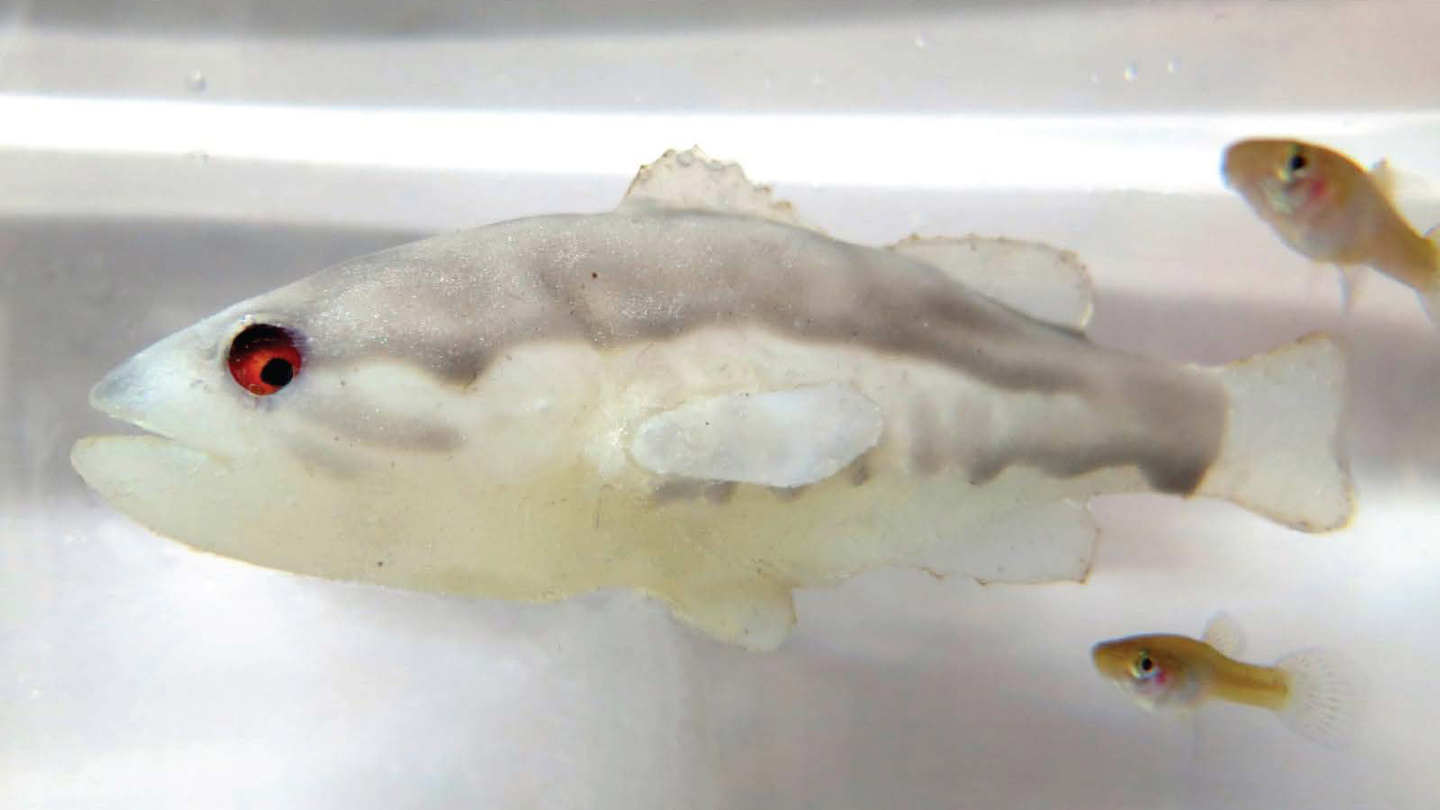Expect to see more squid and less sockeye salmon on ‘climate changed’ menus — ScienceDaily

Vancouver seafood fans may possibly see far more Humboldt squid but significantly less sockeye salmon on cafe menus in the close to upcoming owing to weather modify.
That is in accordance to a new review by UBC scientists which examined 362 Vancouver restaurant menus from 4 time durations, spanning 1880 to 2021. They identified locally-caught species on these menus, and identified just about every species’ most popular drinking water temperature dependent on previous scientific tests. The researchers then took an ordinary most well-liked temperature across all species’ identified for every of the four time intervals, and identified that the best chosen temperature happened in the present-day at approximately 14 levels Celsius, a few degrees greater than in 1880, and just about 5 degrees increased than the least expensive temperature calculated in 1962.
These temperatures had been similar to present-day sea surface temperatures, which elevated from about 10 levels Celsius in 1980 to 10.7 degrees in 2021.
“We established out to discover if warming waters due to local climate alter are currently influencing what seafood dining establishments provide in their menus,” explained senior author Dr. William Cheung, professor and director of the UBC Institute for the Oceans and Fisheries. “Whilst it’s not a situation of bring about and outcome, our findings reveal that the seas about Vancouver were warming for the duration of the examined time intervals, so fish species that prefer hotter waters dominated there. It can be possible that they ended up more obtainable to capture for sale, and so regional seafood restaurants made available additional of these styles of fish.”
Two species in particular stood out: Humboldt squid, which have been expanding their territory further north as water temperatures increase, and sardines, catches of which dropped considering that the 1940s but which modern scientific tests suggest will develop into a lot more plentiful all over again with warmer h2o in the long run. “Humboldt squid is not anything that we see in restaurant menus at all in advance of the 1990s but we see it is a lot extra popular now, and sardine, which has traditionally disappeared in seafood menu, could return in the long term” suggests Dr. Cheung. Vancouver diners could assume to see equally species highlighted a lot more regularly on seafood menus in the close to potential, he included. “We know sockeye salmon isn’t carrying out perfectly in B.C. That signifies area sockeye may be fewer obtainable in the in close proximity to upcoming, and it truly is probably local dining places may perhaps pick out other salmon species, or other fish species.”
The major alterations in species identified on menus happened from 1981 to 1996, compared with 2019 to 2021, wherever hotter h2o most popular species tended to occur much more regularly in current periods. “That is when a lot of the more substantial improvements in temperature transpired, and which is also the time when some of people modifications are seriously starting off to have more substantial and much more evident effects on the fish shares,” Dr. Cheung said. The excessive marine warmth wave known as ‘the Blob’ and the abnormally very hot weather of the earlier a number of many years, main to shifts in distribution and abundance of exploited species, could be driving the improved speed at which seafood menus are transforming, he said.
“Climate change is previously affecting every person, not only the fishermen who are catching the fish, but the people who go to places to eat and try to eat fish,” he mentioned. “We can anticipate to see fewer stable availability of seafood if we eat nearby catch. Hope that we may perhaps not be in a position to get all the very same seafood calendar year-round, or all the time.”
Other non-weather connected aspects do have an effect on the availability of species that dining places have to provide, these types of as fishing activity, aquaculture and imported supply. The researchers experimented with to account for these uncertainties in numerous strategies, and the research highlights a trend that is linked to the alterations in ocean temperature, states Dr. Cheung. “Supplied the other proof of how fish and fisheries are responding to local climate improve, the development we detected is probable to also be linked to the modifying oceans.”
The review highlights the usefulness of alternate facts sources, explained co-writer John-Paul Ng, a UBC undergraduate student and researcher. Menus are also generally free of charge and readily accessible on-line, as opposed with some fisheries info. “Men and women go to eating places each and every day. I think drawing the line from science to some thing that is extremely relatable for persons in the real entire world is anything the analyze accomplishes,” he claimed.
Upcoming scientific tests could use other unorthodox supplies, such as cookbooks, and even paintings from local artists who concentration their do the job on the ocean, to attain perception into the shifting distribution of maritime lifetime, he added.





